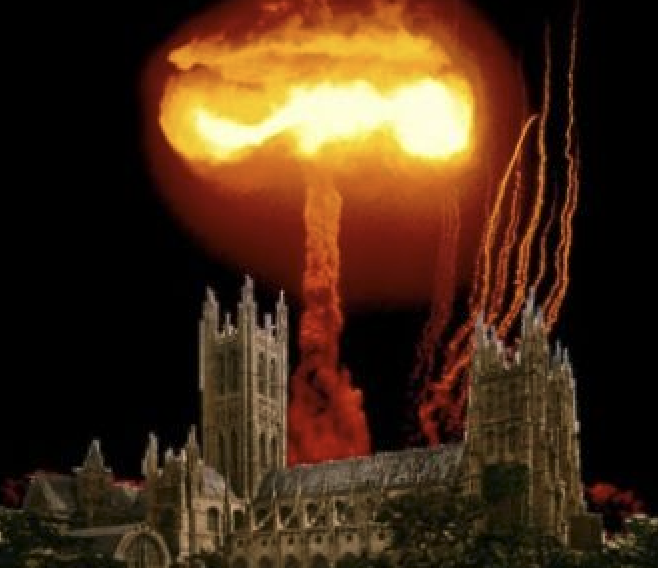The U.S. Catholic bishops are gathered in Baltimore, once again, which means that reporters are listening to waves of friendly words in public, while trying to get bishops to be candid in the tiny windows of time when they are free to meet with outsiders.
The more tense the atmosphere, the smaller the windows of open discussion. Long ago, during meetings in a hotel ballroom in Washington, D.C., several reporters (including moi) blocked the service door to the kitchen so that we could ask questions when bishops tried to slip out that back door.
The issue? Vatican efforts to discipline a bishop who was getting out of line on doctrinal issues. Back then, it was a progressive bishop who was in trouble with the pope.
Times change. Today, it’s doctrinal conservatives who are worried, since they are on the wrong side of trends in Rome. For more background, see my recent post: “Attention U.S. Catholic bishops: You are not allowed to say that this pope isn't Catholic.”
This early Associated Press report punches several crucial buttons:
BALTIMORE (AP) — Catholic leaders called for peace in a war-torn world and unity amid strife within their own clerical ranks on Tuesday, as U.S. bishops gathered in Baltimore for their annual fall meeting.
The meeting came soon after two actions by Pope Francis that illustrated the divisive challenges facing the Catholic Church – removing one of his harshest conservative critics from his role as bishop of Tyler, Texas, and releasing a document conveying a more welcoming stance to transgender people than the official positions of the U.S. bishops.
The key is that Catholics everywhere are supposed to be talking more openly, bowing to the spirit of “synodality.” That is, of course, a reference to the first major meeting of the Synod on Synodality, which featured strong efforts to prevent participants from speaking to journalists or releasing texts of speeches or remarks that were not cleared by synod leaders chosen by Pope Francis.
The AP report turned to American politics, of course, and offered this “tsk, tsk” analysis:
The bishops elected Toledo Bishop Daniel Thomas over a more prominent cultural warrior, San Francisco Archbishop Salvatore Cordileone, as the new head of their committee on pro-life activities. The committee’s chair serves as the conference’s point-person in efforts against abortion, a top priority for the bishops.
Jamie Manson, head of Catholics for Choice, called it an ironic choice, given that Thomas serves in Ohio where Catholic groups “just spent more than $12 million fighting a losing battle against abortion access.” Ohio voters enshrined abortion rights by ballot amendment last week.






